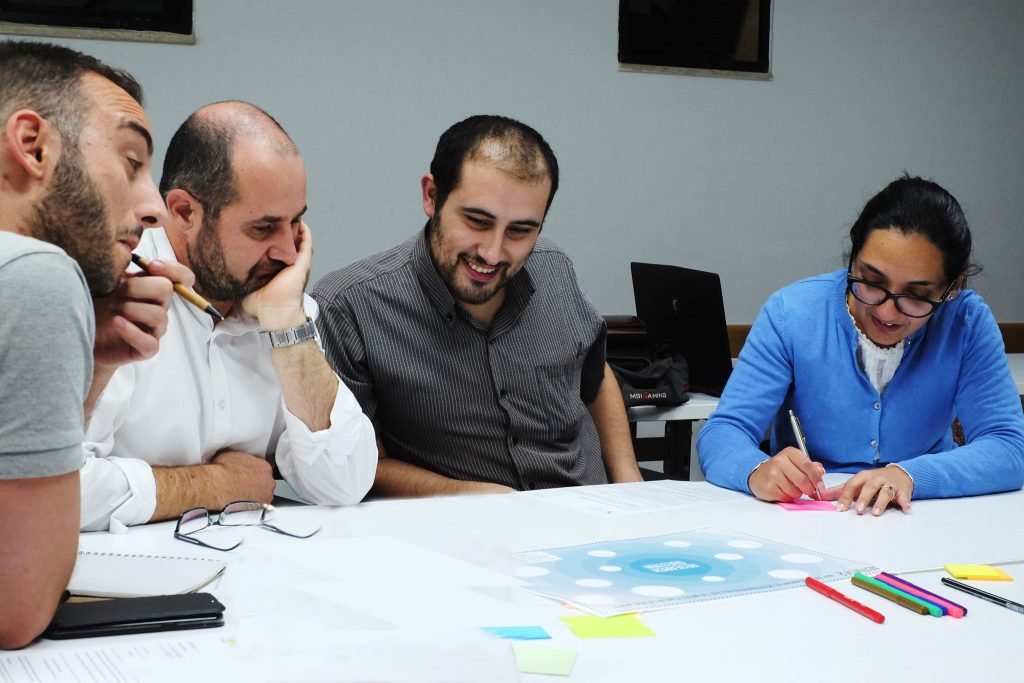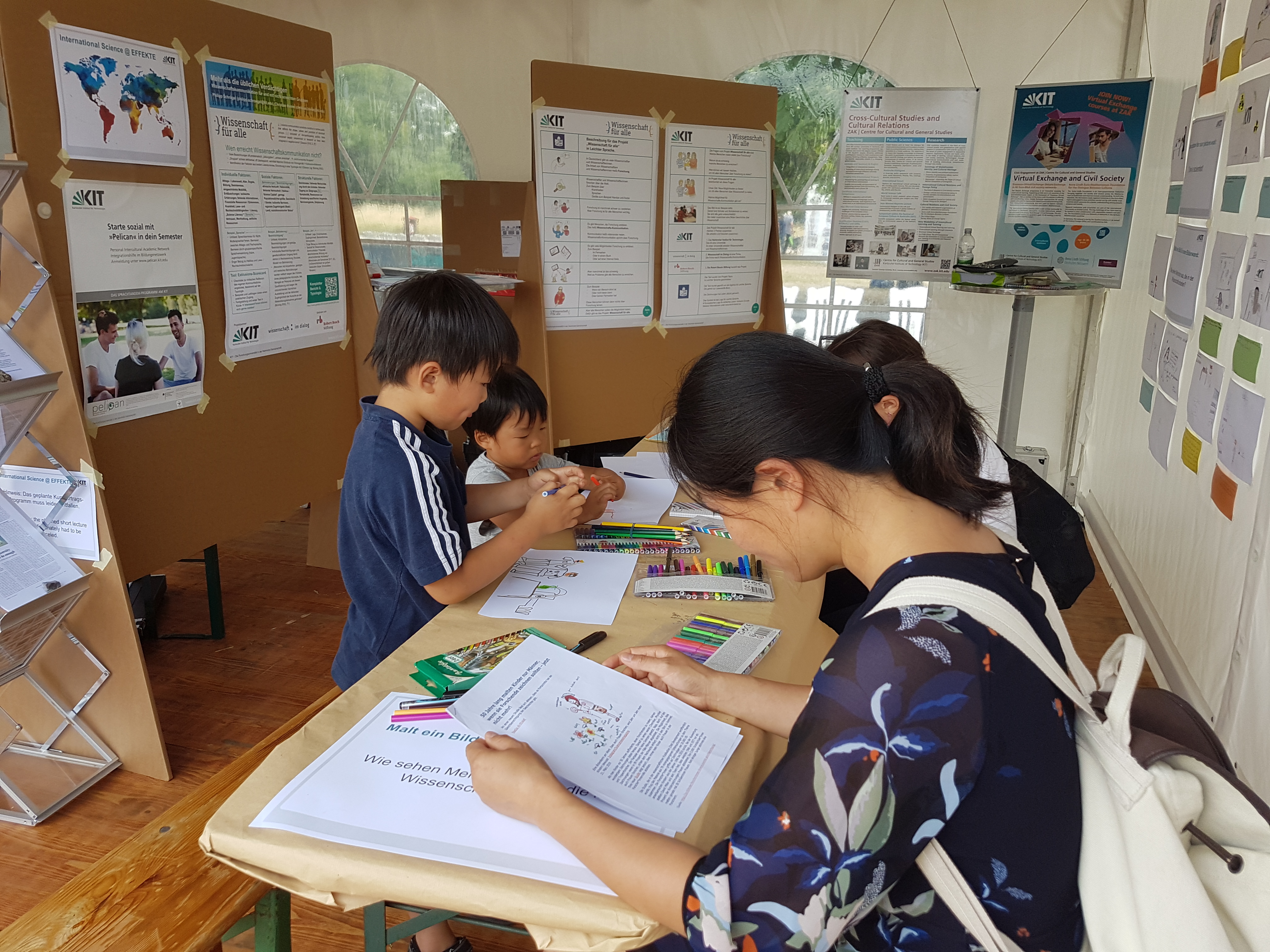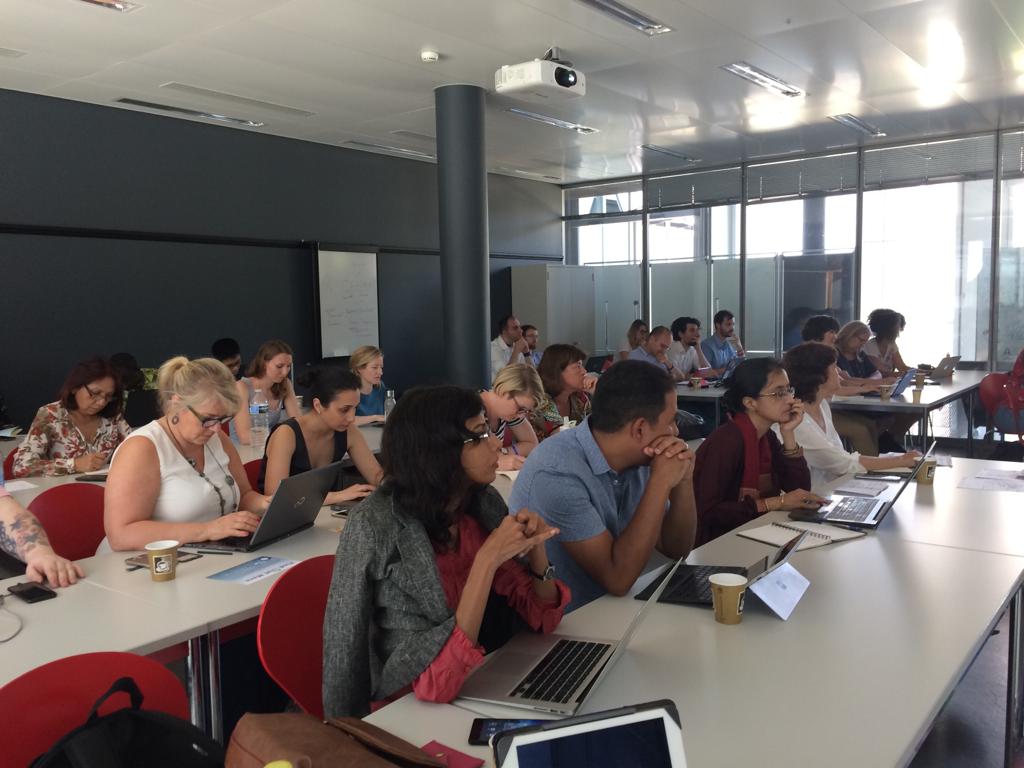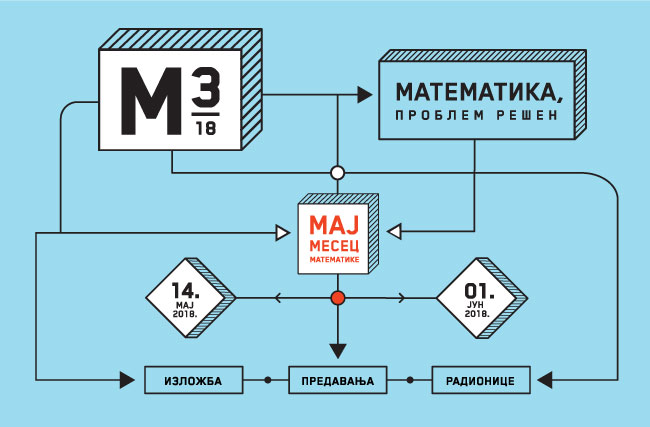by Daniela Quacinella
In November 2018, the University of Malta (UM) introduced the first design-led workshop of RRI to undergraduates, Masters and PhD students. Participants explored the tools and processes available to put RRI into practice in their research.
“Research Impact: Make Yourself RRI Ready” was developed by UM NUCLEUS team members, Dr Edward Duca and Daniela Quacinella, and has now been completed by 50 students. The workshop aimed to break down the concept of RRI into a series of tools and processes that students can start applying in their research to help them become “RRI ready”.
While the 3-hour workshop could not cover the entire spectrum of RRI and the multiple meanings that it embodies, the feedback from participants was positive. We received requests to develop additional workshops to explore some of the topics touched during the workshop more in depth. For example, some participants asked to have specific workshops dedicated to research integrity and ethics.

We asked participants what was most useful about the workshop and the responses shared a common theme: the value of learning through collaboration by engaging in group activities and “[…] having the opportunity to fully participate by giving individual inputs to the activities.” The majority of the responses valued the opportunity to get to know and discuss their research and RRI themes with others. Some participants mentioned how both content and delivery of the workshop was valuable for its ability “[…] to stimulate a lot of reflection” and for “ […] thinking in a more critical and broad manner” about their research. Others said that the workshop was helpful to better understand public engagement and how to prepare research proposals and grants.
The workshop was also very useful for the Nucleus UM team (including by Nika Levikov) as we identified challenges that students encounter towards incorporating RRI in their research. Some participants expressed their distrust about engaging with media to disseminate their research for fear of sensationalism and misinformation. Other participants were hesitant in viewing public engagement and collaboration as an ongoing action throughout the research process. It was interesting to find that many students believed that only end results, once the research is completed, should be shared with citizens.
Future RRI workshops can address these challenges by supporting students to be more comfortable with managing uncertainty as part of the research process, and to feel more confident in collaborating and engaging with other actors during the research process, despite not having tangible end-results.
At completion of the workshop, many students asked if they could keep the exercises used during the group activities as they found the knowledge generated through the group activities very useful. We would like to develop these activities further in such a way that participants can use them as an RRI toolkit beyond the workshop’s scope.
Building a collaborative space for dialogue and co-learning on the topic of RRI was immensely beneficial. The Nucleus team is more informed on what difficulties and doubts students might encounter in implementing RRI best practice and students, by confronting themselves and their peers with other ways of doing research, can gain new perspectives and approaches on the value of RRI and how they can benefit from being “RRI ready”. These workshops are a step toward fostering a culture of engaged research based on RRI principles at UM.


